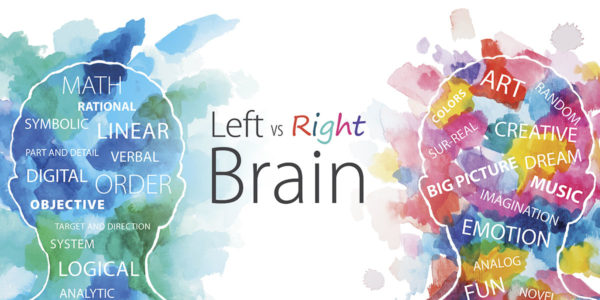According to Nielsen, not only are millennials 77 million strong, they will account for around 30% of total consumer product dollars spent by 2020.
Young adults nowadays seem to be actively focused on not just saving portions of their income, but also ensuring that their credit is kept at a score they are proud of.
According to a new study released by Money Under 35, the overall financial goal of millennials is to be able to start a family or have an amount of financial stability that allows them to spend time with their family. Family, ranking in at number one was surprisingly followed by the goal of reaching financial stability that allows a millennial to “be happy”. Of course the phrase being happy can lead to a large amount of interpretations, it is still extremely surprising that the broad term of “being happy” was shunned to second place after the creation of a family.
So why exactly is this? How could a generation that has been repeatedly called “selfish and lazy” put their happiness behind the wellbeing of their family?
Was this created from their upbringing? Many millennials grew up in families where the head of households constantly put their own personal pleasure second for the good of the family. This trend has most likely been passed down from the preceding generation.
Another possible explanation for this trend of “putting happiness second” is the belief that financial stability and happiness should not correlate – i.e. no amount of money can make one happy, but it can allow one to raise a family. Either way I found the results of this study fascinating.
No surprise here, being debt free ranked third on the list. Average debt levels for all graduating seniors with student loans rose to the grand total of $29,400 in 2012 — a 25% increase from $23,450 in 2008. Being debt free is a goal that begins long before one even graduates with those student loans.
The full results of the study are listed in the chart below.

So, how were the results gathered? The study was based on a survey conducted by Ipsos of 3,006 young Americans aged 22-35, constructing a “financial health index” based on 15 objective and behavioral indicators, then segmented the sample into three groups of financial health based on those index scores. One in 5 respondents were classified as being in “excellent” financial health, with 63% falling in the “good” category and the remaining 17% determined to be in “poor” financial health.
Overall, the study shows that the millennial generation might be a bit less “selfish and entitled” than older generations have previously thought. millennials are worried about their credit score, attempting to break free from the shackles of student debt and plan on putting the wellbeing of the family over the importance of their own happiness.









